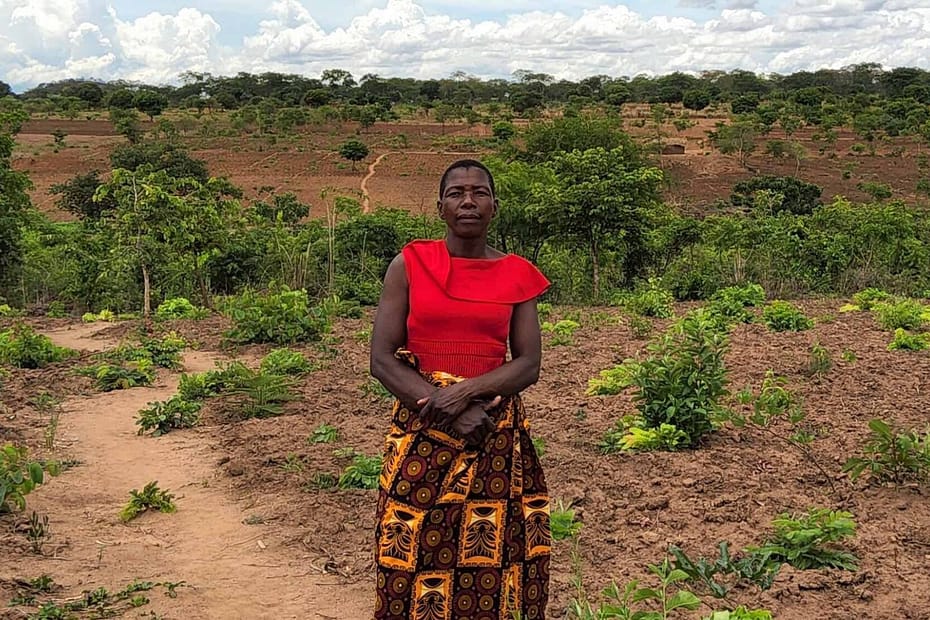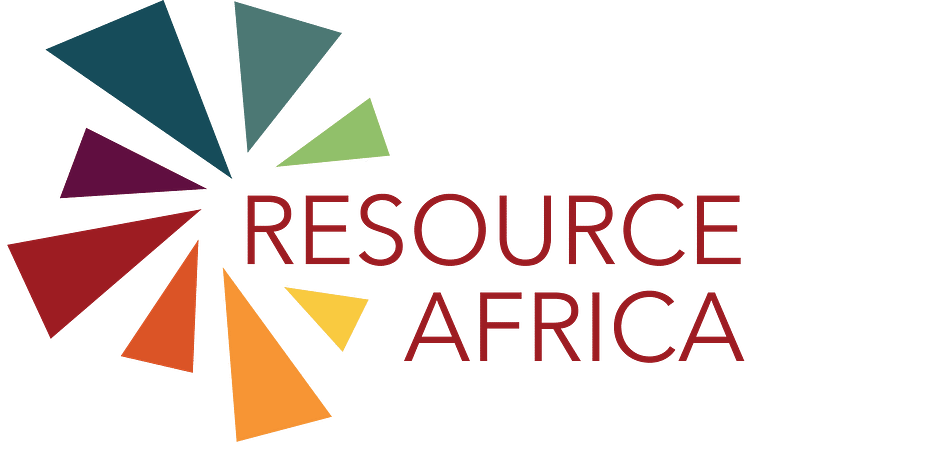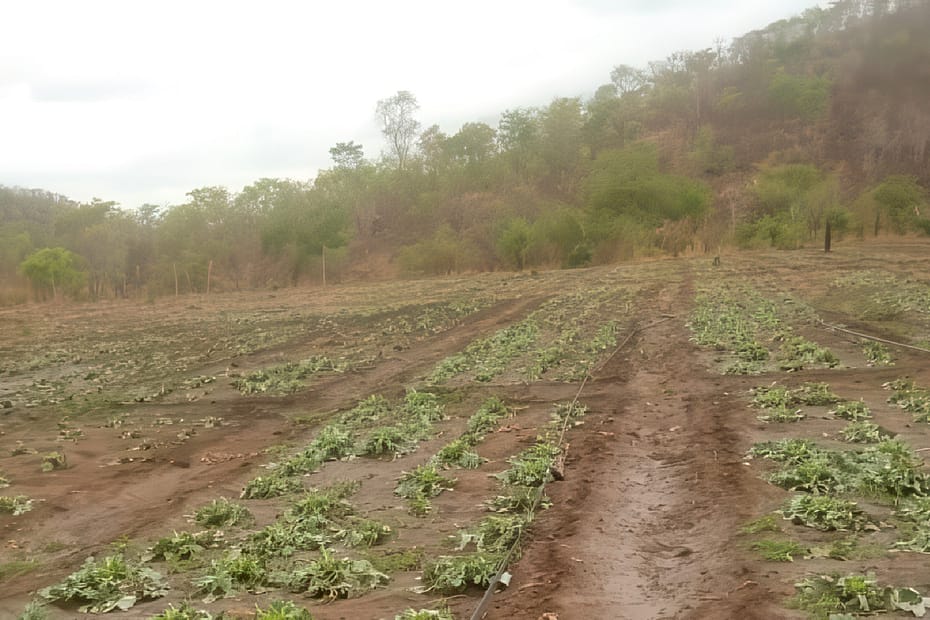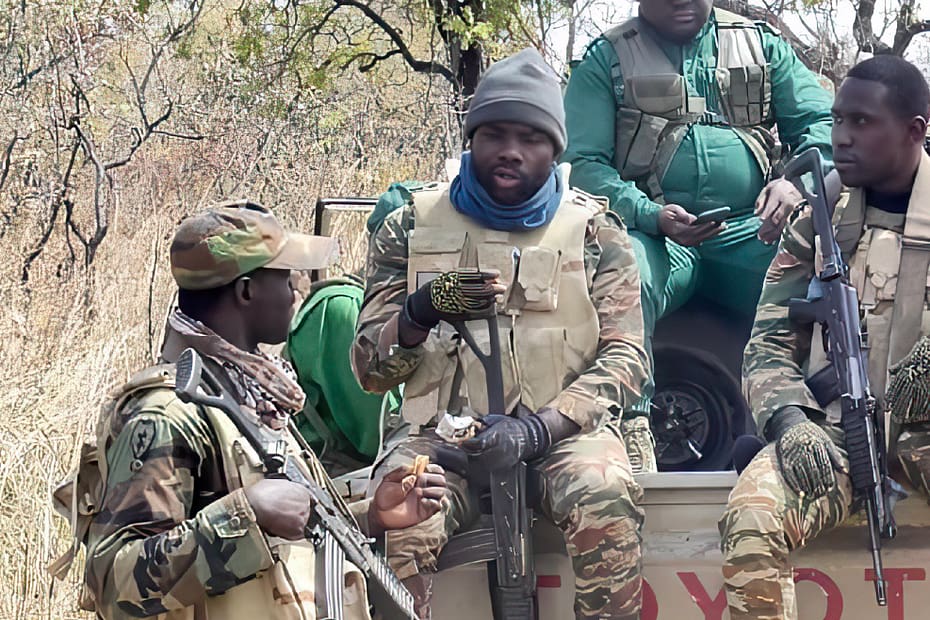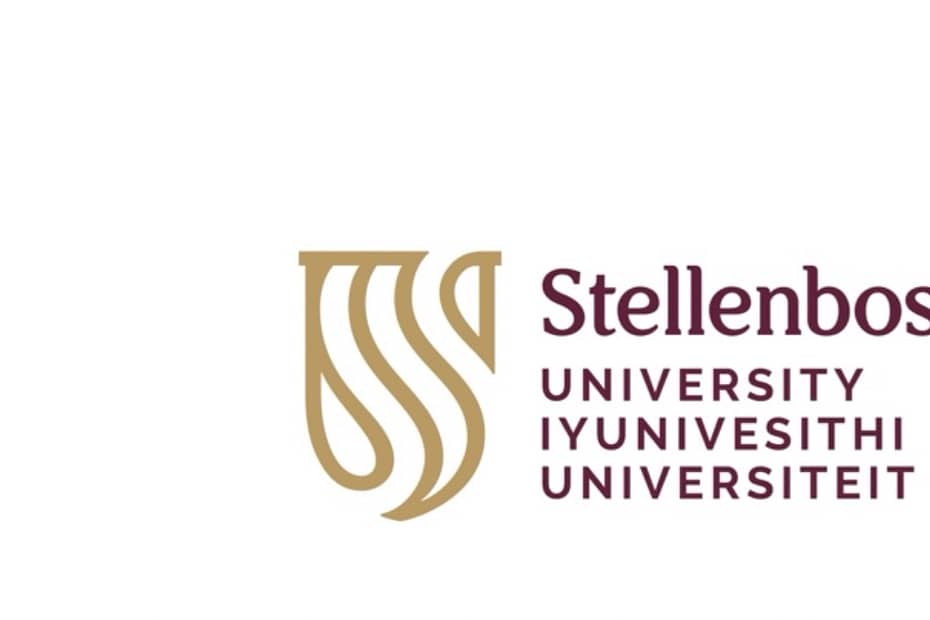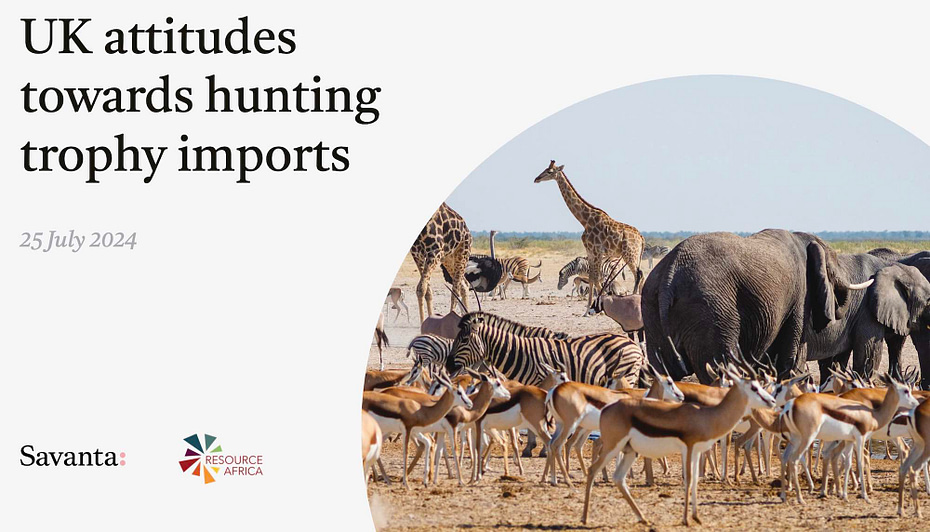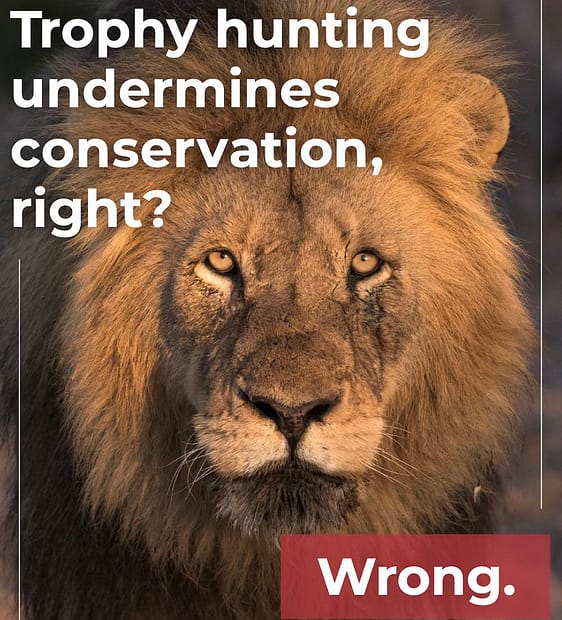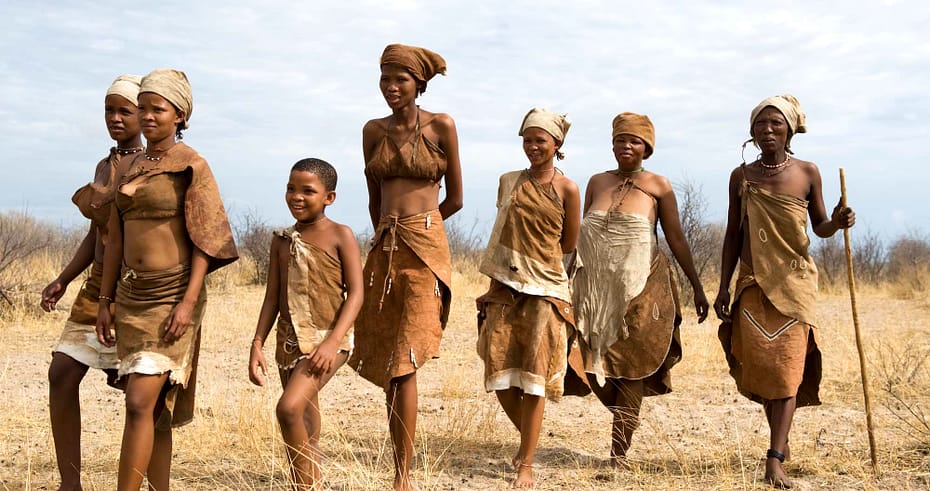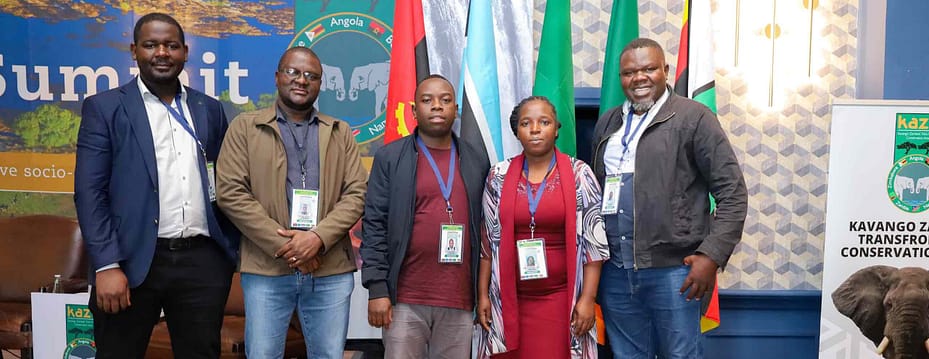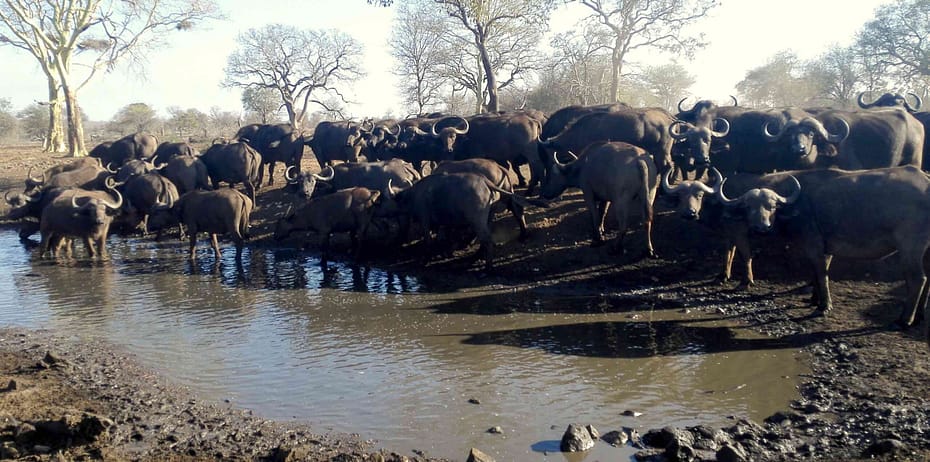From despair to hope and revival —The remarkable restoration of Kasungu National Park
From despair to hope and revival —The remarkable restoration of Kasungu National Park Kasungu National Park, a sprawling 2,316 square kilometre wilderness in Malawi, once… Read More »From despair to hope and revival —The remarkable restoration of Kasungu National Park
